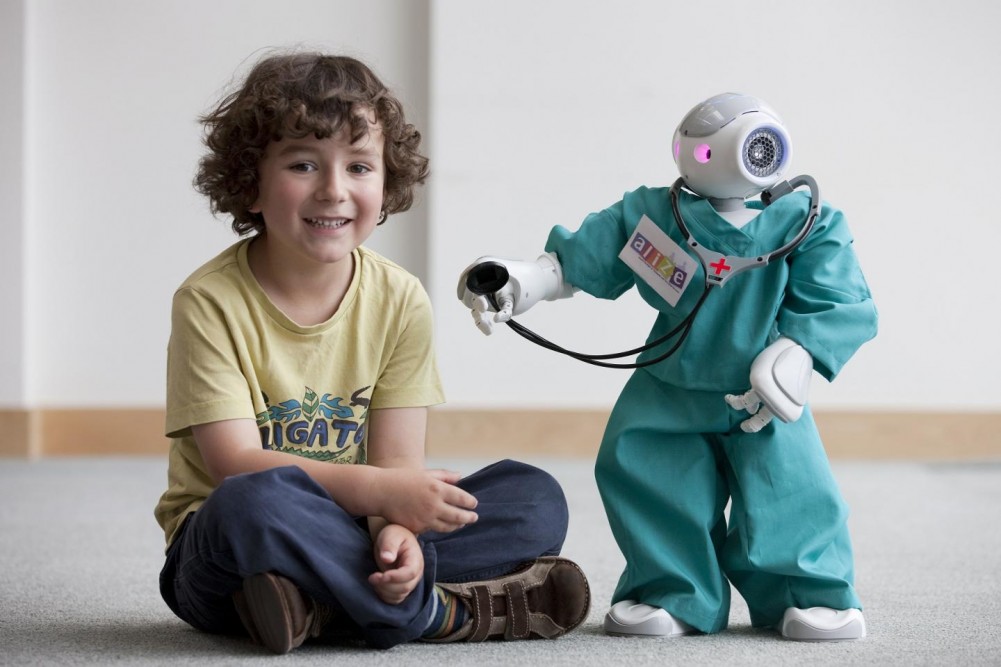Robots are already fully integrated into the lives of humans in the form of factory robots that build our cars and clean our homes. But these robots go about their jobs without any interaction with humans. Ideally, social robots will become capable of communicating with humans and following social behaviors appropriate to their role.
One thing is for sure: parents have been putting their children in front of television sets for decades to free themselves from the occasional drudgery of parenting. Wouldn’t it be better to leave our children with intelligent robots to interact than to passively watch television and thousands of hours of TV commercials?
The Future of Social Robots
Humans are still laying out the possibilities for social robots. Will they reflect the wide range of personality types found in humans? Will some be cute and friendly while others are antisocial as Jason or the Terminator?
As we struggle with the challenges, technologies, and ethics of having autonomous social robots in our homes and workplaces, efforts are being made to improve robot behavior through the use of data mining, roboethics frameworks, and a vision of robots as sociable and capable of personal relationships.
Many studies are underway to understand how robots can imitate humans and animals and learn in social situations.
Advanced Social Robots
One vision for social robots is that they help people who are typically isolated including the disabled and the elderly. Beyond this, scientists and researchers are developing advanced humanoid robots that will help teach, educate, deliver therapies, and play and engage with both children and adults. According to a study by the Kavli Foundation, for example, studies increasingly show that robots can inspire children and adults with autism and other disabilities.
While the push for social robots continues, a report in the International Journal of Social Robotics cites a number of experts warning that social robots could undermine the human sense of identity.
Of course, more research needs to be done. The interaction between robots and humans hasn’t been studied for very long. For example, a research study at Griffith University is now looking at how people with dementia are affected by telepresence robots.
The measuring stick may end up being whether or not robots can improve and save lives.







